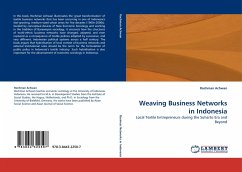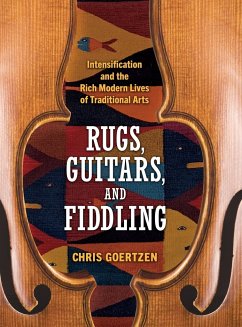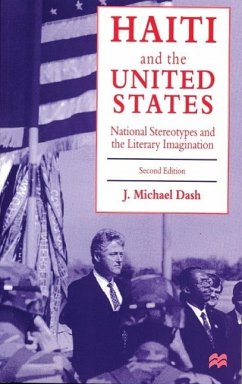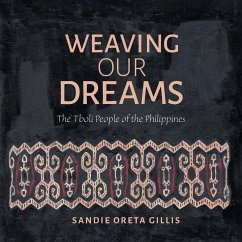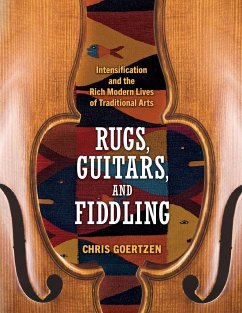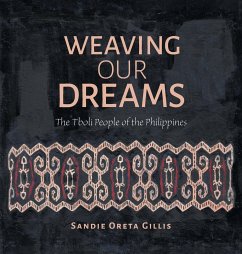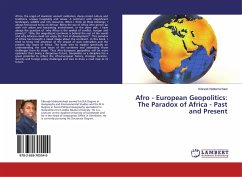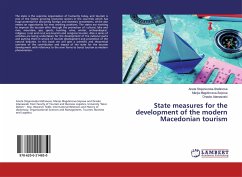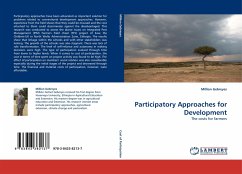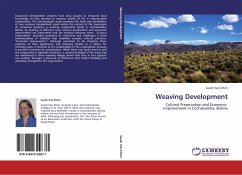
Weaving Development
Cultural Preservation and Economic Improvement in Cochabamba, Bolivia
Versandkostenfrei!
Versandfertig in 6-10 Tagen
39,99 €
inkl. MwSt.

PAYBACK Punkte
20 °P sammeln!
Grassroots development projects have long sought to integrate local knowledge as they attempt to improve quality of life in impoverished communities. This ethnographic study examines the limits and possibilities of two common development goals within the context of the Asociación de Artesanos Andinos, a weaving cooperative based in Cochabamba, Bolivia, by looking at different ways cultural preservation and economic improvement are interpreted and the tensions between them. Cultural preservation provokes questions of continuity and challenges a static understanding of tradition that simplifies...
Grassroots development projects have long sought to integrate local knowledge as they attempt to improve quality of life in impoverished communities. This ethnographic study examines the limits and possibilities of two common development goals within the context of the Asociación de Artesanos Andinos, a weaving cooperative based in Cochabamba, Bolivia, by looking at different ways cultural preservation and economic improvement are interpreted and the tensions between them. Cultural preservation provokes questions of continuity and challenges a static understanding of tradition that simplifies complex cultural practices. Economic improvement, although perceived to be stripping these practices of their significance and reducing textiles to a means for monetary gain, is essential to the sustainability of the organization because it provides incentives for participation. While these two goals seem to pull the cooperative in opposite directions, a nuanced analysis of the ways they aremanifested in three weaving villages shows that they in fact support one another through a discourse of difference that fosters flexibility and ultimately strengthens the organization.



